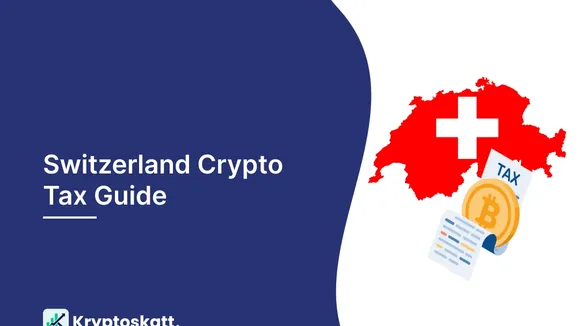
The Swiss Federal Tax Administration (SFTA) has made significant strides in its approach towards taxing cryptocurrencies. Between January 29-30, 2024, the SFTA published updated circulars on safe harbour interest rates, reflecting changes in interest rates for various currencies. Earlier, on November 22, 2023, the SFTA altered its VAT practice regarding the qualification of native tokens with governance functions, impacting the taxation of cryptocurrencies.
A Paradigm Shift in Cryptocurrency Taxation
In a comprehensive 39-page document titled ‘Dossier Tax Information: Cryptocurrency’, the SFTA outlined its strategy for taxing airdrops, non-fungible tokens (NFTs), staking, and employee token plans. This updated approach has far-reaching implications for taxpayers, companies, investors, and related parties.
Unpacking the SFTA’s Approach
Airdrops: The SFTA now considers airdrops as taxable income at the time of receipt. If the recipient’s identity is unknown, the sender is required to pay withholding tax.
NFTs: NFTs are taxed similarly to other assets, with capital gains tax applicable upon their sale. However, if the NFT is part of a business’s assets, it will be subject to wealth tax.
Staking: The SFTA views staking rewards as income, taxable at the time of receipt. If the staking process generates additional tokens, these are also considered taxable income.
Employee Token Plans: Tokens granted to employees as part of their remuneration are subject to income tax and social security contributions.
Decentralized Autonomous Organizations (DAOs)
The document also touches upon the taxation of DAOs, an emerging organizational form that has yet to receive extensive attention from the SFTA. As DAOs operate without a traditional management structure, their taxation presents unique challenges.
The SFTA’s recent moves signify a more nuanced understanding of cryptocurrencies and their associated tax implications. This shift is expected to bring greater clarity and consistency to the taxation of digital assets in Switzerland.
However, the landscape of cryptocurrency taxation remains complex and evolving. As the SFTA continues to refine its approach, taxpayers, companies, and investors must stay informed to navigate this shifting terrain effectively.
In the broader context, these developments reflect Switzerland’s ongoing efforts to establish itself as a global hub for digital assets and blockchain technology. By providing clear guidance on cryptocurrency taxation, the SFTA is helping to foster a stable and attractive environment for businesses and investors in this space.
As of February 13, 2024, the SFTA’s updated approach to cryptocurrency taxation is in full effect. Taxpayers, companies, and investors are encouraged to review the ‘Dossier Tax Information: Cryptocurrency’ document to understand the implications for their specific situations.

